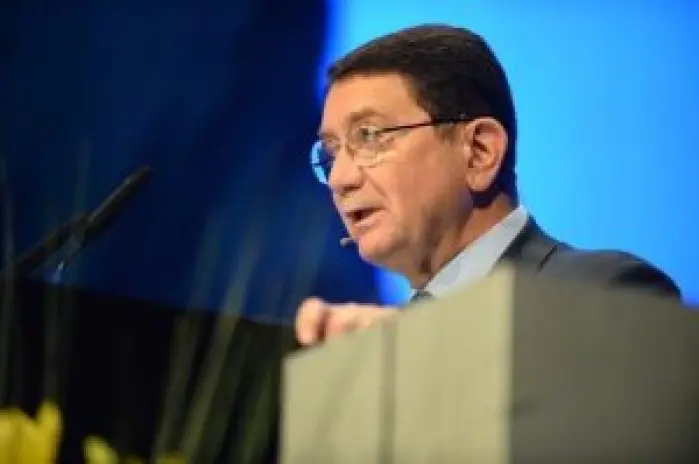/ Interview with Mr. Taleb Rifai, Secretary-General of the World Tourism Organization (UNWTO)
1) The United Nations General Assembly has decided that 2017 will be the International Year of Sustainable Tourism for Development. Which objectives does the UNWTO intend to achieve during this important year and what can organisations such as HOTREC do to help the UNWTO reach its objectives?
The designation by the United Nations General Assembly of 2017 as International Year of Sustainable Tourism for Development is a great recognition of the contribution of our sector in creating jobs and prosperity, fostering better understanding among peoples and in leading greater awareness on cultural and environmental preservation. The International Year is thus a unique opportunity to advance the contribution of the tourism sector to the three pillars of sustainability – economic, social and environmental- and to build common action in that regard. We invite all to join us in this celebration and have developed a Roadmap where we define the various actions that can be done including awareness raising actions, research activities, events, creation of awards that promote sustainability in tourism, and many others
HOTREC for example could develop actions aimed at hospitality staff to raise their awareness of issues such as energy, join the awareness raising campaign for consumers or create a special award for members promoting any area of sustainability.
2) With the multiplication in 2015 and 2016 of terrorist attacks in major tourism destinations, such as France, Turkey or Thailand among others, security has become a hot issue for the tourism community. What can the UNWTO do to help tackling this challenge?
Safety and security have been always a major preoccupation for the international tourism community as these are essential components of tourism development. Recent events have shown that we live a global challenge which leaves no destination immune. This situation requires increased cooperation among nations as well as a better integration of the tourism sector in the emergency plans and strategies of destinations and countries. From UNWTO we act on two levels. One supporting our Member States which have suffered from this type of hideous attacks in order to recover as fast as possible and proving them with capacity building in crisis management and communication to better equip them to minimize the negative impact of such events. And two, we work to bring together tourism and security to enhance the so much needed cooperation.
Yet, I must also say that despite the many challenges that we have been facing, tourism is a highly resilient sector that recovers quite fast from crises of different nature. This is clear when we see that in 2015 despite all tragic events around the world, there were 52 million more international tourists travelling as compared to the year before. Actually in the so many cases that we have monitored in the last years what we witnessed is that the impact of these violent actions is of short term nature and that destinations rapidly recover in the medium and long term.
3) Digitalisation is a major disruptor for traditional business models throughout the economy. This is particularly true in the tourism sector where discussions are now focusing on the dominance of Online Travel Agents, the role of travel apps, the rise of the collaborative economy or the importance of big data. How do you see this phenomenon, and can UNWTO help tourism businesses, particularly smaller ones, adapt to this new digital reality? How can HOTREC contribute to UNWTO’s work on those issues?
The application of new technologies to tourism is enriching the sector, enhancing business opportunities and facilitating the travel experience in a tremendous manner. UNWTO has been widely advocating the relevance of this phenomenon, a core priority for our Organization, upon governments, the private sector and civil society recipients. Moreover we provide capacity building in areas related to ICTs-associated topics and address this topic at UNWTO events held worldwide. We welcome any actions aimed at supporting these efforts and we sincerely appreciate the dissemination work of HOTREC in this regard, a much valuable partner of UNWTO. In the specific case of the impact of ICT on new business models, UNWTO has been long promoting the value of such evolution while calling for the need to establish a level playing field for all actors in the sector. In this regard, UNWTO is currently conducting research on the various models being implemented around the world and trust that HOTREC will be a valuable contributor in this new research.
